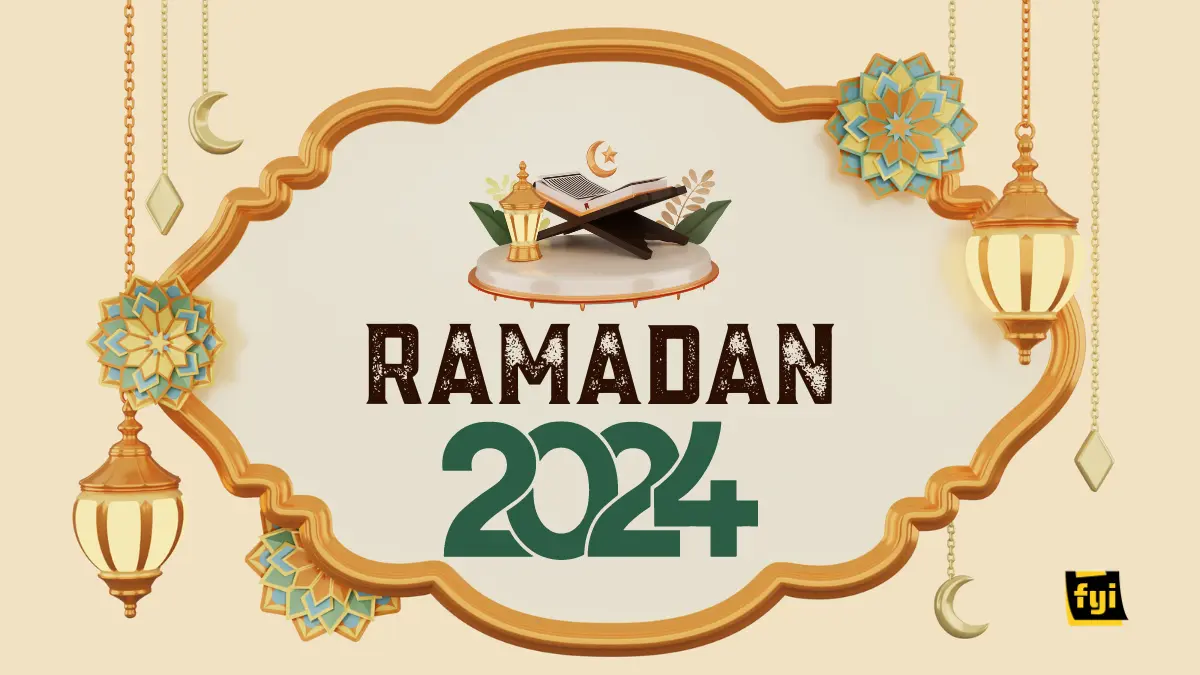As the crescent moon ushers in the sacred month of Ramadan, Muslims across India embark on a journey of spiritual reflection, fasting, and communal worship. From the bustling streets of Mumbai to the serene corners of Kashmir, the traditions and practices of Ramadan bring communities together in unity and devotion. Whether you’re a seasoned observer or experiencing Ramadan in India for the first time, here’s everything you need to know about this auspicious time:
Understanding Ramadan
Ramadan, the ninth month of the Islamic lunar calendar, holds deep significance for Muslims worldwide. It commemorates the revelation of the Quran to Prophet Muhammad and is observed by fasting from dawn until sunset each day. This period of self-discipline and spiritual reflection encourages Muslims to strengthen their faith, seek forgiveness, and engage in acts of charity.
Determining the Start Date
In India, the commencement of Ramadan is determined by the sighting of the crescent moon, typically announced by local religious authorities. The exact start date may vary depending on geographical location and moon-sighting practices. Muslims eagerly anticipate the announcement, which marks the beginning of a month-long journey of fasting and prayer.
Observing Fasting and Obligations
Fasting during Ramadan is one of the Five Pillars of Islam and is obligatory for all adult Muslims who are in good health. The fast, known as Sawm, involves abstaining from food, drink, smoking, and other physical needs from sunrise to sunset. Exceptions are made for individuals who are ill, elderly, pregnant, nursing, menstruating, or traveling.
In addition to fasting, Muslims increase their devotion through additional prayers, recitation of the Quran, and acts of charity. The last ten days of Ramadan hold special significance, with Laylat al-Qadr, the Night of Power, believed to occur during this time. Muslims seek spiritual blessings and forgiveness on this holiest of nights.
Traditions of Iftar and Suhoor
Iftar, the evening meal to break the fast, is a cherished tradition observed by families and communities across India. At sunset, Muslims gather to partake in a meal that typically begins with dates and water, followed by a spread of savory and sweet dishes. Iftar gatherings foster a sense of camaraderie and generosity, with individuals often inviting neighbors and friends to share in the festivities.
Suhoor, the pre-dawn meal, is consumed before Fajr prayers and marks the beginning of the fasting day. It is a time for spiritual preparation and sustenance before the day’s fast begins. Families wake up early to enjoy a meal together and engage in prayer and reflection before the break of dawn.
Community Spirit and Charity
Ramadan is a time of heightened community spirit and charitable giving in India. Muslims come together to support those in need, with donations to food banks, distribution of meals to the less fortunate, and support for charitable initiatives. The spirit of compassion and generosity permeates every aspect of Ramadan, strengthening bonds within the community and fostering a sense of unity.
Conclusion
As Ramadan unfolds across India, Muslims embrace the opportunity for spiritual growth, reflection, and renewal. The rituals and traditions of fasting, prayer, and charity serve as reminders of the values of compassion, humility, and gratitude. Whether observing Ramadan at home or in the vibrant communities of India, may this holy month bring peace, blessings, and spiritual fulfillment to all.

